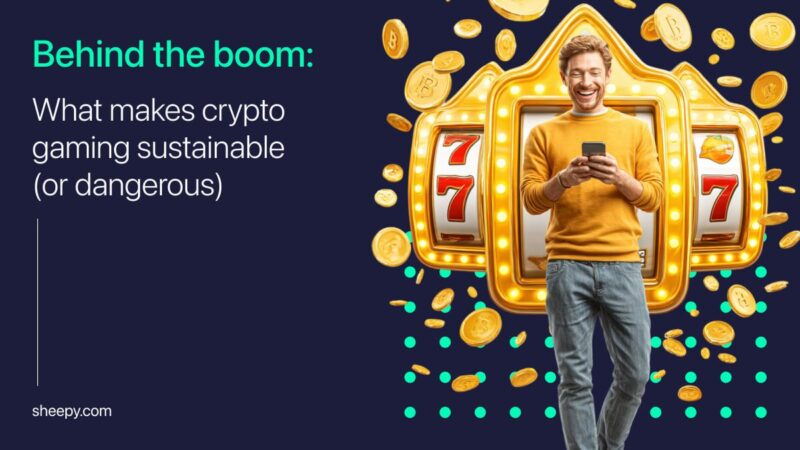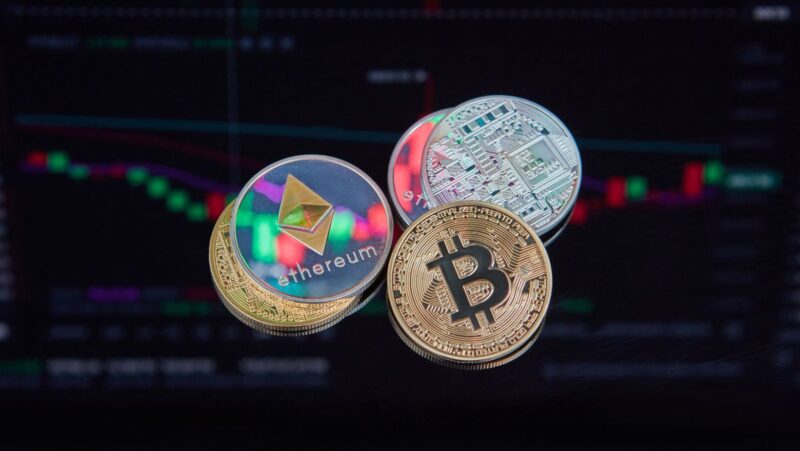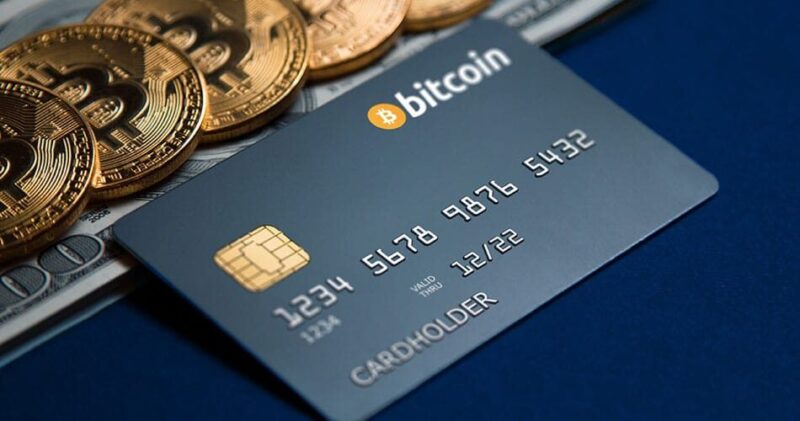
You’ve probably heard a lot about Bitcoin, Ethereum, NFTs, and blockchain lately — maybe even more than you wanted to. It feels like everyone’s talking about crypto, but if you’re not already involved, it can seem overwhelming to figure out where to even begin.
The good news? You don’t need to be an expert to join the conversation. Simply keeping an eye on trusted cryptocurrency news sources and taking the time to understand a few core ideas can help you catch up quickly — and give you the confidence to make smart decisions if you decide to get involved.
Here’s a simple guide to help you start making sense of the crypto world (without feeling completely lost).
Understand What Cryptocurrency Actually Is
Before diving into anything, it’s important to get a clear, basic understanding of what cryptocurrency really means. In short, it’s a digital form of money that operates independently of traditional banks. It uses technology called blockchain, which records transactions securely across a network of computers.
Some key points:
- Bitcoin was the first cryptocurrency, launched in 2009.
- There are now thousands of different cryptocurrencies, each with different purposes.
- Not all crypto is about payments — some are tied to projects in gaming, art, finance, and more.
You don’t need to know everything upfront, but getting familiar with the basics will make the headlines, social media posts, and discussions much easier to follow.
Focus on the Big Players First
The crypto space is full of jargon, technical terms, and confusing new projects. Rather than trying to understand everything at once, start by focusing on the main cryptocurrencies: Bitcoin and Ethereum.
Why these two?
- They have the longest track records.
- They’re widely accepted and discussed, so there’s lots of reliable information available.
- They’re a good starting point for learning how prices fluctuate and why.
Once you’re comfortable with the big names, you can slowly start exploring other projects if you’re curious.
Stay Skeptical of “Too Good to Be True” Promises
One of the biggest mistakes people make when entering the crypto world is believing every big promise they hear. There are always new coins, projects, and opportunities being promoted — often with hype that sounds too good to be true.
Tips to stay smart:
- Be wary of anything promising “guaranteed returns.”
- Research who’s behind a project before getting involved.
- If you feel rushed or pressured to act, that’s a red flag.
In crypto (as in any investment world), if it sounds too good to be true, it probably is.
Set Small, Clear Goals for Yourself
When learning something new, it’s easy to feel overwhelmed if you try to tackle too much too quickly. Instead, set a few simple goals that keep you moving forward without pressure.
For example:
- Spend 10 minutes each day reading crypto headlines or updates.
- Learn the basics of how to set up a digital wallet — even if you don’t plan to buy anything yet.
- Understand common terms like blockchain, decentralised finance (DeFi), and non-fungible tokens (NFTs).
Small, steady learning is far more effective (and less stressful) than trying to master everything overnight.
Be Patient — This Is a Long Game
It’s tempting to think you’ve missed out if you didn’t buy Bitcoin in 2012. But crypto is still evolving, and it’s not going anywhere anytime soon. There’s plenty of time to learn, observe, and eventually participate — if and when you’re ready.
Remember:
- The technology is still developing.
- Regulations and rules are still being shaped.
- New opportunities will continue to appear.
Taking the time to build a strong foundation now will put you in a better position later — whether you want to invest, work in the field, or simply understand the conversations happening around you.
Getting up to speed with cryptocurrency doesn’t have to be overwhelming. Start with the basics, take your time, and remember — you don’t have to become a day trader or a blockchain developer to be part of the conversation.
A little bit of consistent learning goes a long way. And who knows? What feels confusing today might just become second nature tomorrow.












